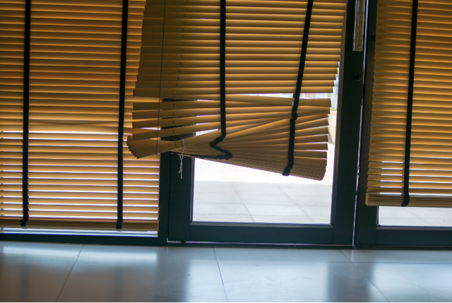Tag: home
-
DIY Blinds: A Tempting Task or a Tricky Tightrope?
Saving money and achieving a sense of accomplishment are powerful motivators when it comes to home DIY. In regards to fitting DIY blinds, many homeowners are tempted to take the plunge themselves. While it might seem like a simple task, there are both advantages and disadvantages to consider. Vesta Blinds is here to shed light…
Written by

-
Renting a Property: What You Can and Can’t Do in Your Rented Home
Renting a property in the UK can be a great way to find a home, but it’s crucial to understand your rights and responsibilities as a tenant. While you have the right to quiet enjoyment of your home, there are certain things you can and can’t do. Getting these lines blurred can lead to disputes…
Written by